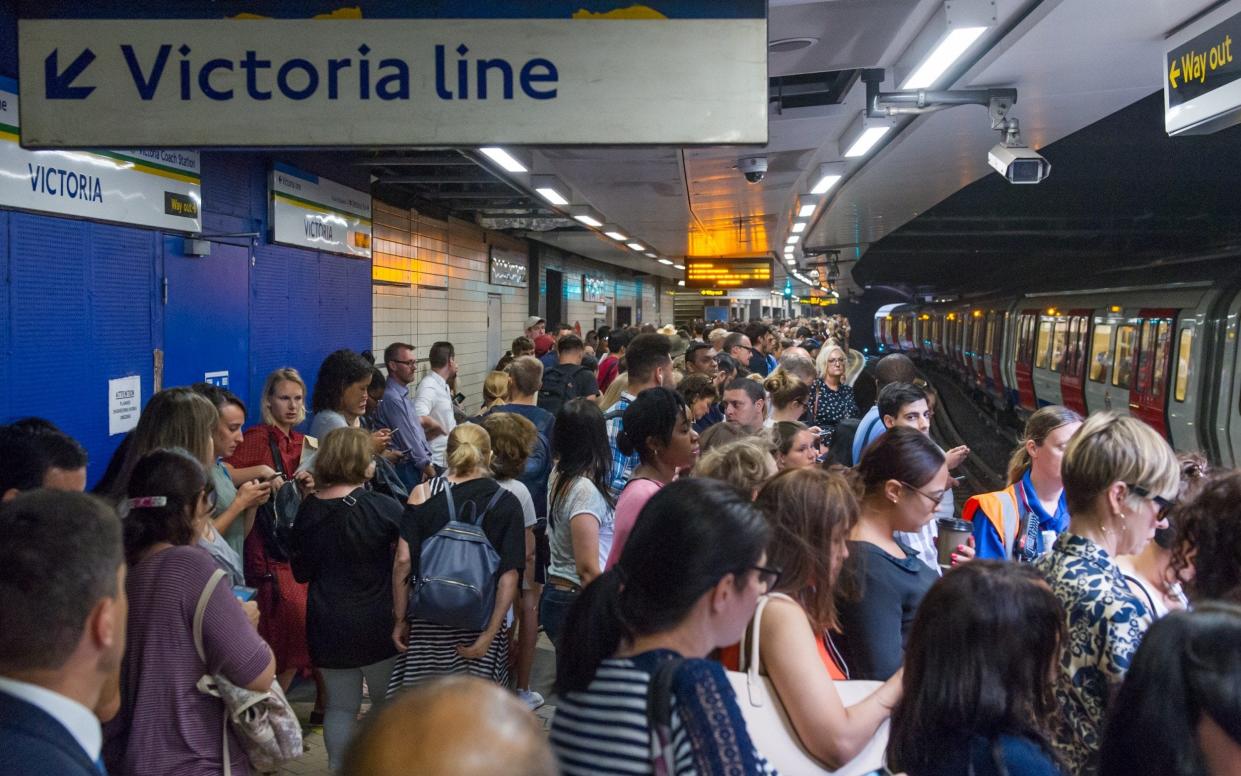Millennials will not stop to help people with medical problems, survey by Parkinson's UK finds

While many hope a good Samaritan would stop to help them if they were in distress when out in public, it appears some members of the younger generation cannot be relied upon for assistance.
A new survey by Parkinson’s UK has found that a large number of millennials, aged 18 to 34, would not stop to help someone experiencing physical difficulties in public.
A fifth of young people said they had seen someone experiencing physical difficulties in public - and had not offered to help.
Over a quarter of these said they did not know what to do, while 16 per cent said they would feel awkward doing so.
Women in this age group are more likely to help, with just 17 per cent saying they did not stop to give assistance. In comparison, 26 per cent of men did not help.
Parkinson’s UK has launched the campaign to raise awareness of “freezing”, a symptom of the disorder that often strikes in crowded, public spaces.
When someone is experiencing the often frightening symptom, they are suddenly and unexpectedly unable to move, and feel as though their feet are glued to the floor. It can get worse if the person is anxious or stress.
As Parkinson's progresses, up to 80 per cent of people will develop freezing and little is currently known about the symptom's causes.
Janet Roberts, 57, has had Parkinson's for 13 years and said she once froze while getting off a crowded Tube train in London.
She said: "I stepped on to the platform and stopped. I was completely stuck, my feet cemented in place. I was terrified, making the freezing worse, and no one responded to my pleas for help."
Eventually, a little boy noticed Janet was in trouble and told his parents to help her.
"If it hadn't been for him, I don't know what would have become of me," she added.
"If you see someone acting strange, don't assume they're being difficult - they might need your help."
Steve Ford, chief executive of Parkinson's UK, said: "Many people with Parkinson's tell us that freezing is one of the main symptoms that prevents them from living their daily lives.
"Some are physically unable to go to work on any given day, or socialise or do the shopping, while others might avoid these activities for fear that freezing may happen while they're out.
"Parkinson's UK is carrying out pioneering research to address this and other symptoms, but you can help too: if you see someone who is struggling, don't jump to exasperation, see if they need help.
"You could be a lifeline to someone in serious distress."

 Yahoo News
Yahoo News 
